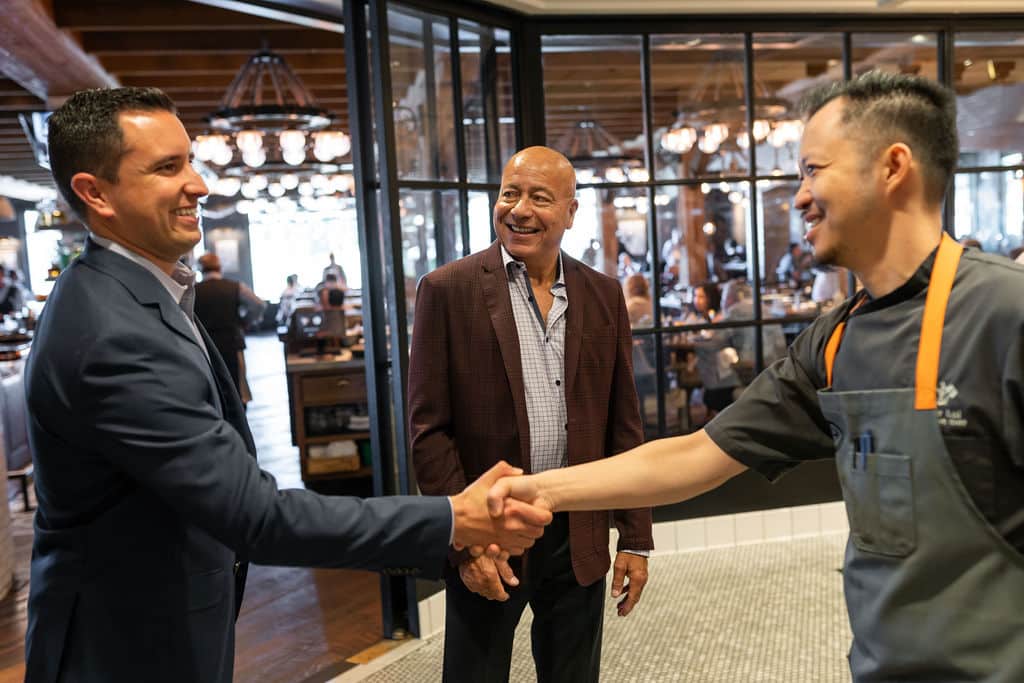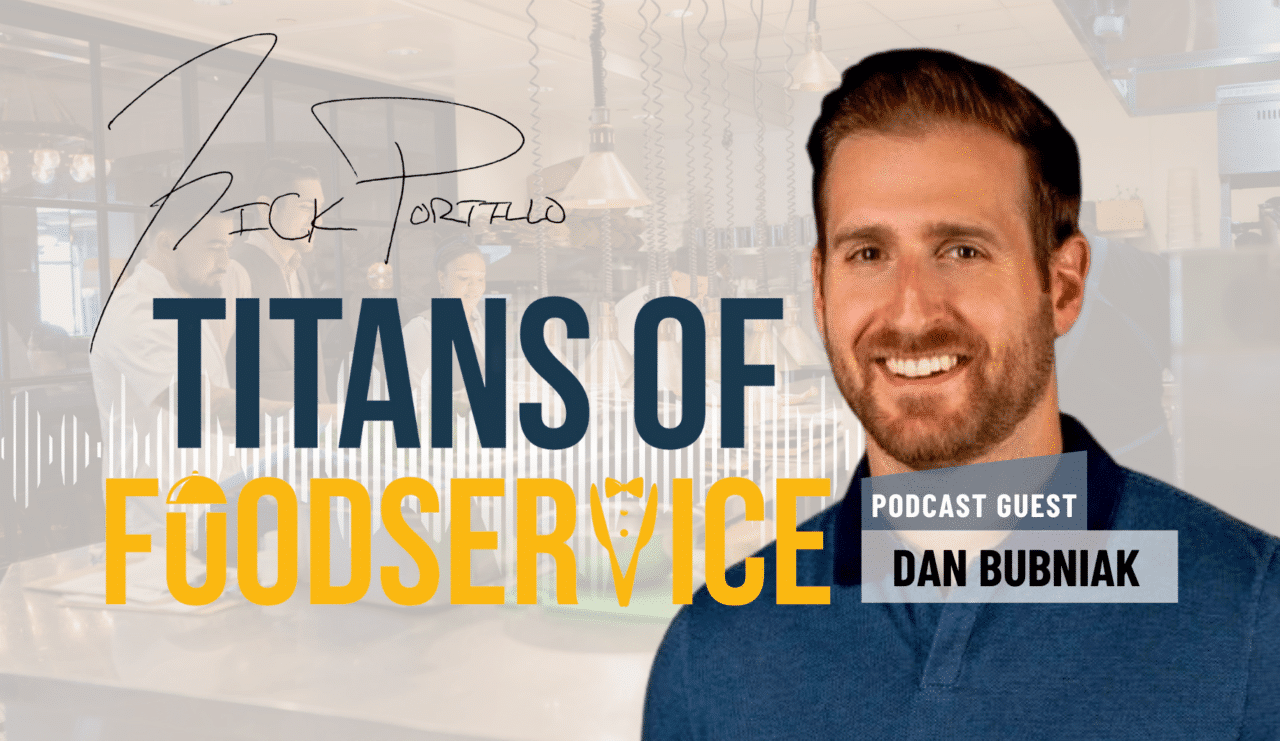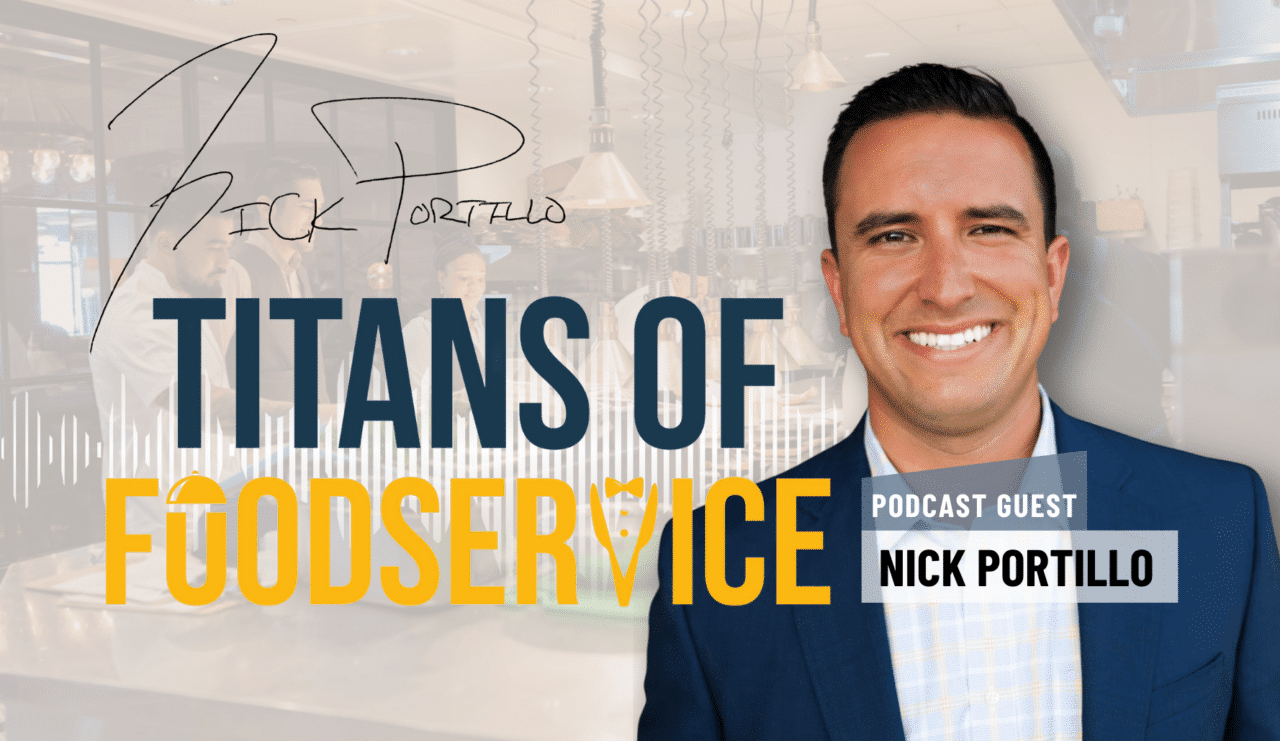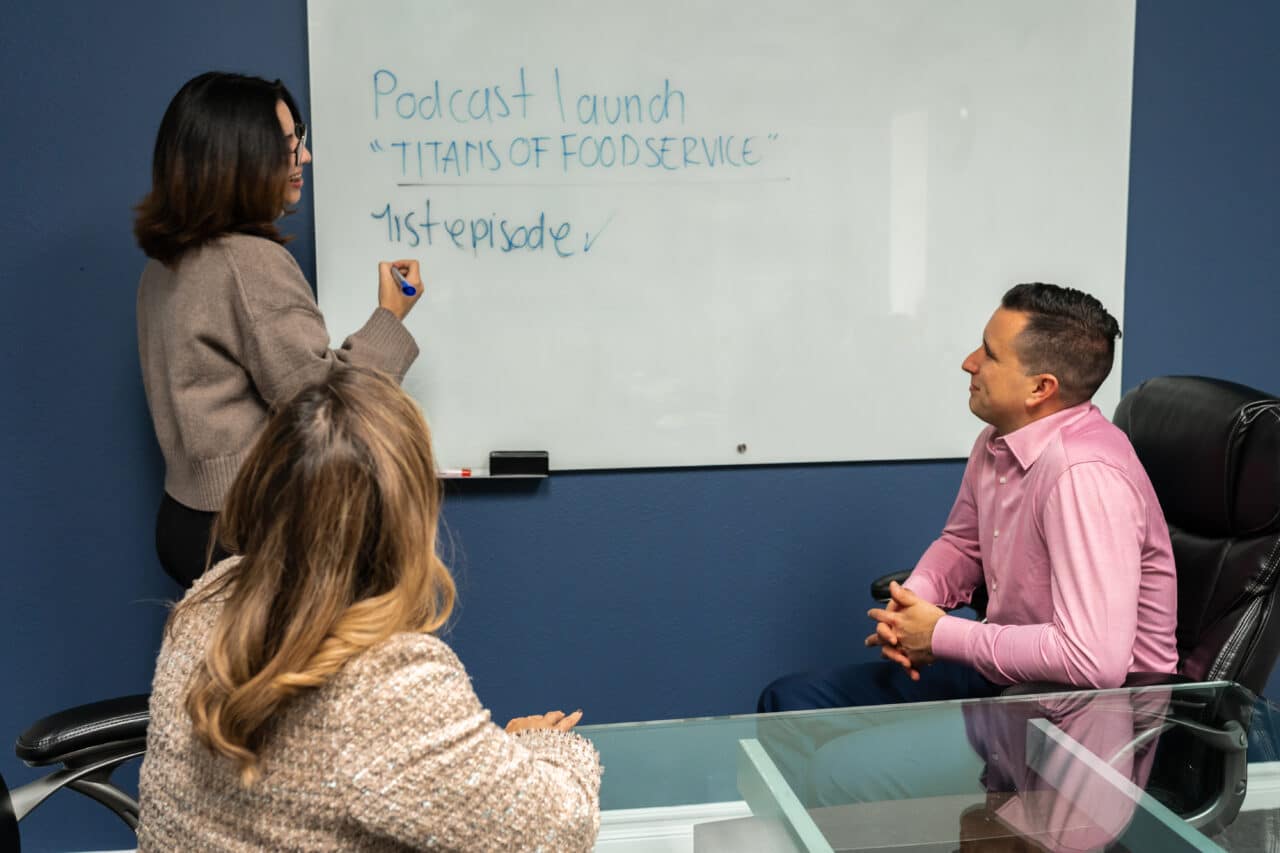Since starting my career as a foodservice broker, I’ve worked with many wonderful people and brands. Every manufacture client that Portillo Sales & Marketing represent challenges me in their own unique way and it not only makes our company better, but me too.
When it comes to representing foodservice manufacturers, no one partnership is the same. Every manufacturer has their own strategies, policies, and processes, and it’s important for us as brokers to build our client specific strategy within the parameters of those understandings.
However, I have come to find that the best-of-the-best manufacturers do 3 things extremely well in managing their broker partners. Commissions are important, but when the intangibles are aligned, that’s when the manufacture-broker relationship cultivates and thrives.
In a relationship driven industry, having a mutual trust and belief in one another with the proper support and direction is paramount to what we all seek: Growth!
Here are 3 tips every manufacture should use when managing their broker partners:
- Collaborate and Build Objectives Together
- World Class Training & Support
- Work in Parallel
1. Collaborate and Build Objectives Together
As the manufacture representative, it’s important that you understand your numbers and company direction. Before meeting with your broker to build-out objectives, determine what are the key metrics that drive your economic engine.
From there, set time with your foodservice broker partner to construct a strategy. You hired them to be the local market expert, so it’s important to let them collaborate in the strategic planning process. We do this exercise with our team members too. When we allow the team to be a part of the planning process, it creates ownership for everyone involved.
I would shy away from handing the broker expectations that they had no say in creating. They are a part of your sales and marketing efforts and having their buy-in is critical for your mutual success. Brokers manage multiple brands, so it’s important that you’re positioning yourself and your brand in a way where the broker is excited about growing your line.
What I have seen the best-of-the-best manufacturers do consistently, is provide world class training and support to their broker teams.
2. World Class Training & Support
Food broker reps are responsible for broadly understanding the message, products, and competitive set of every brand they represent, so it’s important to make yourself a trusted resource they can rely on. One important nugget I’ve learned is that we trust those we learn from.
I recently wrote an article on the Ultimate Guide to Food Broker Onboarding where I highlight the important steps in training your broker team. The manufacturers that execute this part, win more often than those who don’t. There is a cost associated with training, not just in opportunity, but travel expenses to visit your broker, so it’s imperative to get the training done right.
Once you have your broker team trained, invite them back to your production facilities to see how the products are produced. Every time a manufacture has invited our team back to their corporate headquarters to meet the production staff and witness how the products are produced, it builds a level of confidence and brand equity I haven’t seen elsewhere in other training tactics. Our team every time returns fired up about that manufacture and that enthusiasm pours over on to the operator and distributor too. It’s a win-win for everyone.
I would recommend building a standardized training seminar process for this. There have been a few manufacturers that have perfected this process, and they will hold bi-annual meetings where they pay for new members of their broker teams to join and go through a thorough training. From cutting against the competitive set, to meeting the owners, to walking the production floor, the more we understand as your broker team, the more we want to share that story with our customers.
Additionally, as brokers begin to drum up opportunities, it’s important that the manufacture support those efforts. Timely communication, ample product samples, and even in the beginning, bending on price to win business and help put a win on the board go a long way. It’s the little things that happen daily that mold the foundation of the manufacture-broker relationship over the long term.
Which leads me into one of the most important levers the best-of-the-best manufacturers pull to create buy-in from their broker teams: they work in parallel.
3. Work in Parallel
Now that you have your objectives built, the broker staff is trained, it’s time to put sales on the board!
This 3rd part is all about management style. As brokers, we work with all different temperaments, styles, and expectations from our manufacture clients. I can usually tell in the interview process how my team and I will be managed by the manufacture and whether we can work together or not. Like anything, the broker-manufacture relationship comes down to mutual fit. You have to trust in me and I need to have support from you. Everything else will fall into place.
The broker is not the boss of the manufacture and the manufacture does not control the actions of the broker. It’s an equal partnership in which consistent cultivation is necessary to be successful. (And yes, micro-managing of the broker does not work. I don’t think we’ve ever grown a line when there was intense pressure all the time. At the end of the day, we are only selling food).
The manufacturers that provide the space to the broker to be themselves, typically fair better than those who don’t. Those that lead with kindness and appreciation, foster a culture where the people in the brokerage company feel more confident and comfortable selling their products. As an added bonus, they’ll also probably notice the broker reaching out more often, asking for help when they get stuck, or sharing when they get a nice win.
I absolutely love when there is harmony between Portillo and our manufacture clients. Sure, we are not perfect by any means, but when our relationship just clicks, selling is fun. Especially when the manufacture and broker are working in tandem to achieve their mutual goals together.
When a manufacture invests in programs like GPO’s or other national/regional opportunities (such as restaurant chain sales) and incorporates the broker in those sales, you feel like a team. Brokers get a tough rap in the foodservice industry because we play an intermediary role between three distinct customers: Distributor, Manufacture, and Operator. Being in the middle, can be a lonely island at times and a hard place to be when bad news need to be communicated. When we feel we have each other and are working toward a common goal, all boats rise.
The broker-manufacture relationship is a two-way street, and when it works, man, there is nothing like it!
The very best,
Nick Portillo
P.S. If you missed my last article on What Does a Food Broker Do? make sure to check it out here.
Share Article
Related Posts
-
April 29, 2024
How to Scale Success with Dan Bubniak, Co-Owner of Dirty Hands
In this week’s episode of the Titans of Food Service podcast, Nick Portillo speaks with...
Read More -
April 19, 2024
Nuggets from Season 1 of Titans of Food Service
In this episode, host Nick Portillo shares his excitement for the upcoming season of the...
Read More -
March 10, 2023
Innovative Marketing Strategies – Booths That Caught My Eye at Expo West
As a player in the foodservice industry, attending Expo West in Anaheim is a refreshing change of...
Read More





